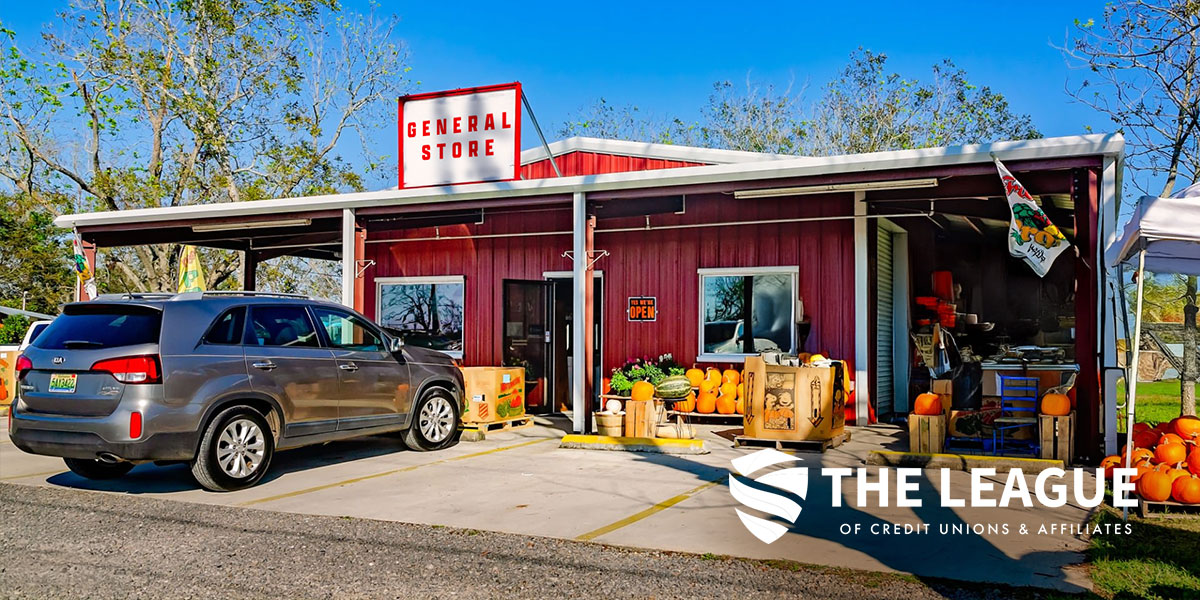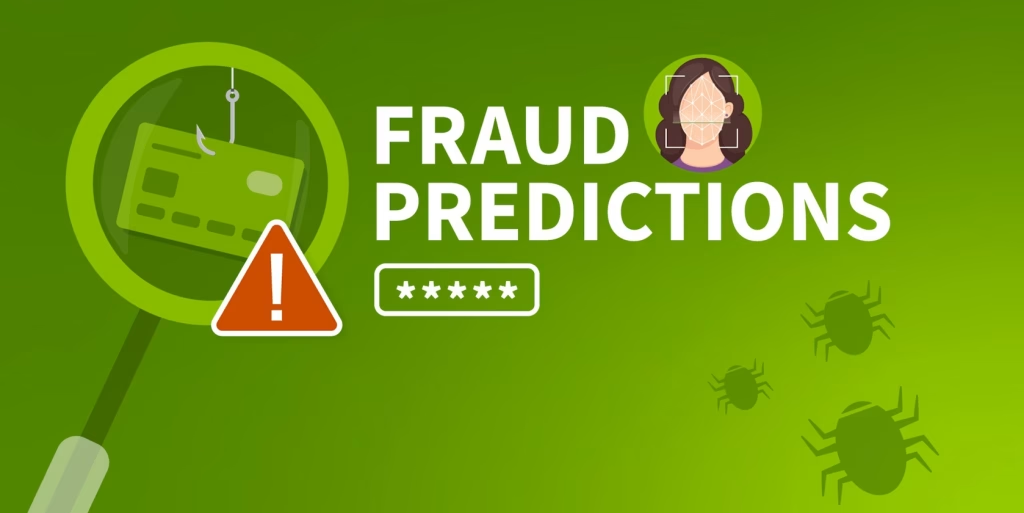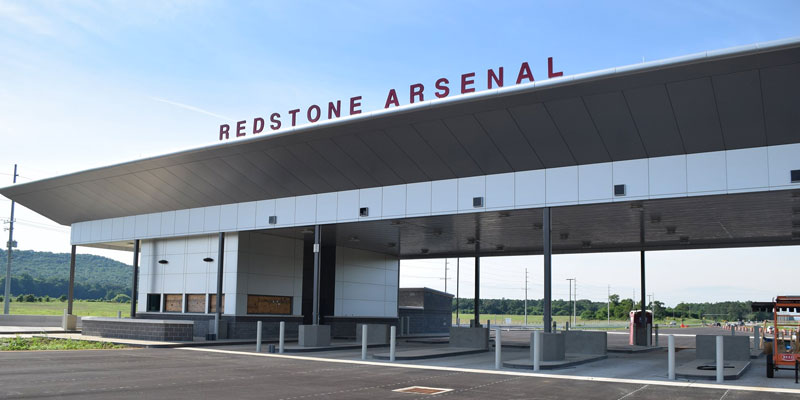Written by Michelle Roth, Vice President of Advocacy for The League of Credit Unions.
A growing number of Alabama towns have one thing in common: access to local financial services is becoming increasingly limited. Alabama has 1,181 census tracts, and according to the Federal Reserve’s Banking Deserts Dashboard, 153 now qualify as “banking deserts,” meaning residents must travel more than 10 miles to access basic financial services.
An additional 302 tracts are at risk of becoming deserts. Altogether, nearly 40% of communities across the state face reduced access to traditional banking services.
Credit unions are stepping in to help fill this gap. They’re expanding into rural and underserved areas, opening new branches and hiring local staff to serve their neighbors.
As Bobby Michael, President and CEO of All In Credit Union, explains, “When we enter a community, our goal is to be a trusted resource for the people who live there. It’s how we honor our mission—by being present where we’re needed most and serving those who’ve historically been overlooked.”
That difference is felt across Alabama, from small towns to high school campuses. At George W. Long High School, a student-run branch of All In Credit Union is doing more than teaching financial literacy; the branch serves as the only financial institution in the community. Superintendent Ben Baker sees the impact daily.
“This community did not have a financial institution before this, so it’s a win-win,” he said. “It’s a win for our students, and it’s also a win because this community now has a place where they can transact business.”
Students like Austin McDaniel, who help operate the branch, are gaining real-world experience that is shaping their futures. “I’ve had people come in on a daily basis, my classmates and in the community, and I get to have conversations with those people in the midst of conducting a transaction,” he said. “All In Credit Union came in and taught juniors and seniors about how to manage finances, and budgeting, saving, and spending responsibly.”
Credit unions are also fueling the backbone of these same communities: small businesses. According to America’s Credit Unions, Alabama credit unions issued more than $655 million in small business loans in 2023.
Business owners like Chris Claunch know how important that support can be. “In a small town, relationships matter—and that’s exactly what we found at Valley Credit Union. They didn’t just finance our equipment; they took the time to understand our business and our goals. It feels like working with a partner, not just a lender.”
Credit unions are not just financial institutions. We are member-owned, community-rooted, and focused on building long-term relationships. In towns where other institutions have closed shop, credit unions have stepped in to make a difference.
Credit unions are not working alone, however. They are working with educators, business owners, and local leaders to strengthen Alabama communities from the inside out. That work deserves partnership and support, because when we lift each other up, we all move forward.
Because we are not just operating in Alabama. We are rooted here.
Michelle Roth is Vice President of Advocacy for The League of Credit Unions. A native of Lakeland, Florida, Michelle graduated from the University of Alabama and lives in Montgomery, AL. She has served on the Board and Executive Committee of several public policy, charitable, statewide, and community organizations. Additionally, Michelle holds the designation of Certified Association Executive (CAE), the highest professional credential in the association industry.









